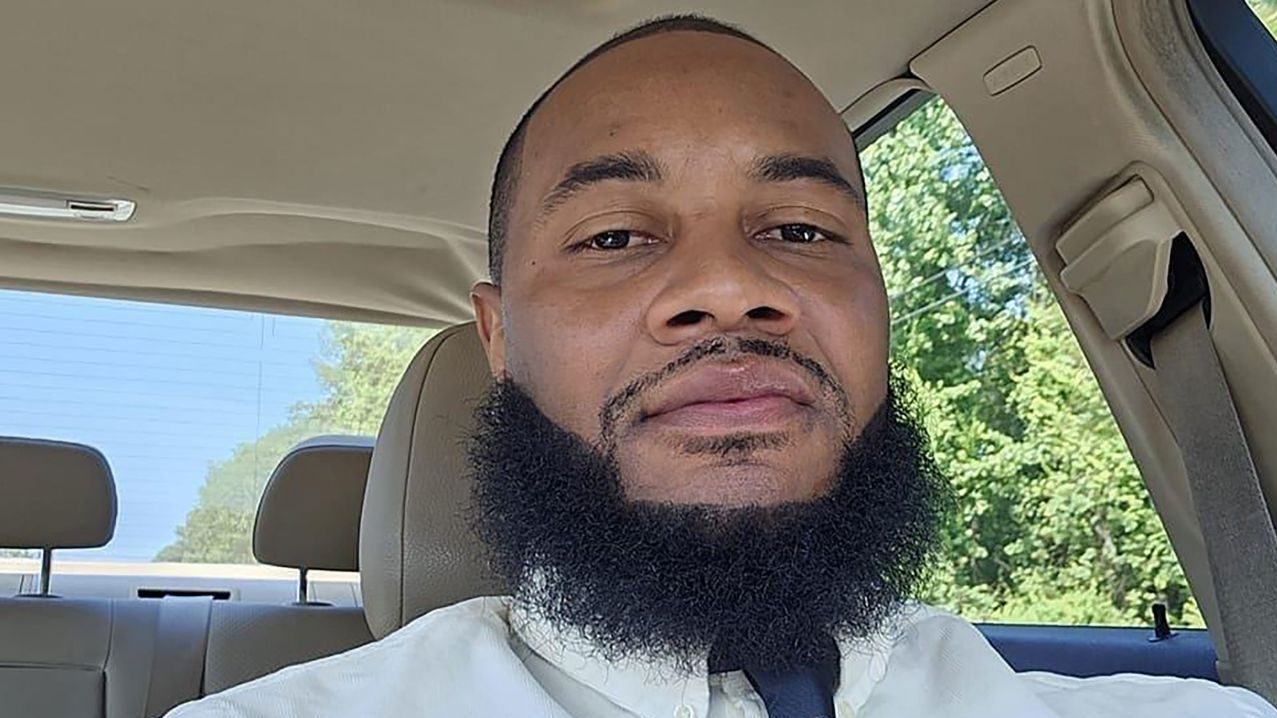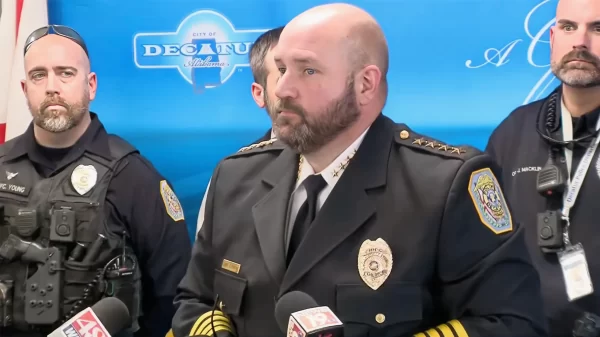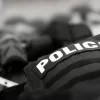|
Getting your Trinity Audio player ready...
|
I’ve noticed that some folks on Facebook are paying tribute to Stephen Perkins, the man killed by Decatur police on Sept. 29th. It’s a sad, tragic story, one that some would probably prefer be forgotten.
I’m glad every time I see evidence that it hasn’t been. The Facebook homage, very much in sync with the times, is “#IAMSTEVEPERKINS.”
This commemoration of Perkins’ life also is a protest of the injustice of his death. He was shot dead in cold blood by Decatur police in his own driveway in the early morning hours.
Killed while disputing a car repossession. Shot dead less than one second after the police announced their presence.
No wonder folks are angry. And protesting, whether in the streets of Decatur or on social media.
These days it’s easy to dismiss social media protests. Some see it as the lazy man’s way out of the old-fashioned, marching-in-the-streets style of protest.
True, it’s not the risky, Edmund-Pettus-Bridge, Selma-to-Montgomery style of protesting that agitated Alabama’s white supremacist powers into making bloody fools of themselves, by putting their bloody penchant for violence on full display for the nation.
Nevertheless, a well-placed hashtag slogan can remind all who see it that Stephen Perkins still needs justice. That his name still needs to be cleared and his killer – or killers – held accountable.
However, there’s another side to this particular hashtag campaign. It’s a distinction with a big difference.
“I do not say I am Steve Perkins,” said Carl Cole. “I don’t let my son say I am Steve Perkins. I say justice for Steve Perkins.”
Cole is an attorney who practices in Decatur. His logic is easy to follow.
“I don’t think this happens to me (as a white man),” Cole explained. “Steve Perkins was a large black man. Fit, in shape. Had the big beard. I really think this doesn’t happen to me.”
Cole is white. And he believes his race would have determined the response to him – just as he believes Perkins’ race determined the response to him on that fateful night.
“The police are not to be involved in a repossession, absent a court order,” Cole explained. “And as far as we know, there was no court order for Perkins’ car to be repossessed.”
Car repossessions are a civil matter – not a criminal one. So why were the police even involved? Armed and ready to shoot to kill?
As Cole said, that probably wouldn’t have happened to him. A white guy.
Was it the neighborhood Perkins lived in? Could the police have been extra-vigilant because he lived in “the hood?”
No way, according to Adrianna Tapscott, one of the protest leaders. Perkins lived in a predominantly white neighborhood, she said.
“His neighbors knew something wasn’t right,” said Tapscott, in reference to their response to the shooting. “You don’t just see black people out here crying and hurting. You see white people.”
She makes a great point. These police shootings of black people have been very polarizing. Whites seem to side with the police, while we blacks tend to back the victims — who far too often look like us.
One more thing: Cole said the police officers were in what is called a “lethal response” mode. Which should not have been the case for a simple repossession. And yet they were.
Why?
The killing of Perkins that night was essentially inevitable, based on the response of the Decatur police. “I don’t think there could have been another result,” Cole said.
Unless, perhaps, Perkins had been white.



















































